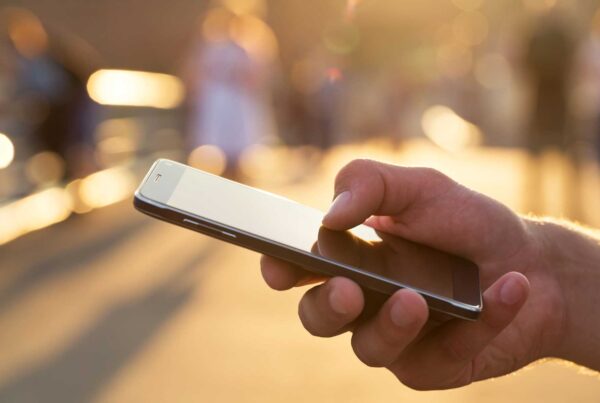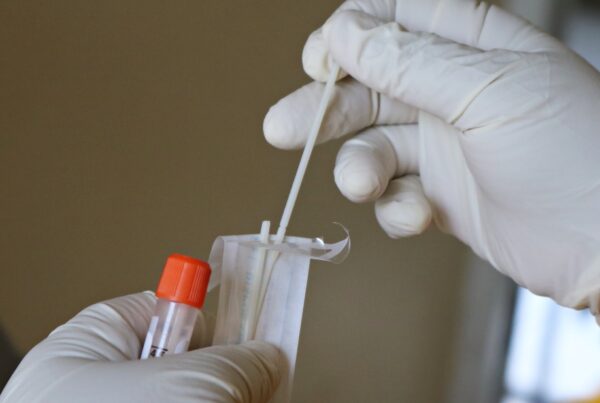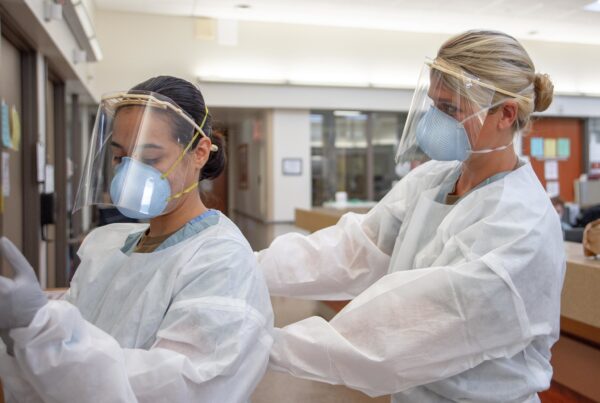By Unnati Gupta
The Big Picture
Over 500,000 children have now been diagnosed with COVID-19 (almost 10% of the United States’ total cases): a shocking reminder that this pandemic is not over. While children are likely to have mild to no symptoms, COVID-19 rates in children bring significant concern to the susceptibility of multigenerational families, as children can easily spread this virus to others around them. Black and Hispanic children are being disproportionately affected, reflecting similar trends seen with adults.
Hospital Workers Left Unprotected
As new demographics rapidly contract COVID-19, one story remains unchanged: the lack of PPE in hospitals. Long after hospitals in Minnesota started taking elective procedures, nurses are still reporting having to reuse single-use N95 masks. A study conducted by the American Nurses Association found that around 49% of respondents felt unsafe with their institutions’ PPE policies. Further, 85% of the 227 nurses surveyed stated they were forced to reuse a single-use mask. While nurses claim that the state has stockpiles of equipment, hospitals are not requesting and receiving enough of it to make a significant difference.
Federal action has not impacted hard-hit states like Minnesota enough as well. While the Defense Production Act was put into action in early April, it has not helped to generate enough of an N95 mask supply, an item regulated by the FDA. This lack of results has impacted healthcare workers around the country. In the study mentioned above, hospitals reporting PPE shortages found that 9% of healthcare workers tested positive for COVID-19 antibodies, compared to 6% in hospitals with adequate protection.
PPE Stockpile Legislation
As more healthcare workers get exposed to the virus, some states are taking action to ensure this never happens again. California recently passed legislation requiring hospitals to maintain a 45-day stockpile of PPE to prepare for future emergencies. According to frontline workers, this legislation would prevent unnecessary deaths in the healthcare community, as well as make sure hospitals never get “caught off-guard again.” These stockpiles must be created by January 1st 2023, and health care providers that don’t do so can potentially be fined $25,000. In addition to placing mandates on specific hospitals, California as a state is required to gather a 90-day stockpile. These actions are pointing to slow but steady change, giving us hope that the country can learn from this pandemic.
PPE For Schools
As labor day weekend ends and many children head back to school, parents are often relying on their children to be supplied with masks to stay safe. However, with FEMA just announcing its decision to not fund some safety measures schools are taking, the financial burden of protecting students and teachers will now be shifted to schools and families who may not be able to afford it.
To help offset this cost, Get Us PPE has launched a new initiative and fund, PPE for Schools, to connect schools in need with donated PPE. School staff can use our webform to request PPE, which will come from generous donors and from makerspaces local to schools who will receive grants for materials. Get Us PPE has been holding weekly roundtables with representatives from the National School Nurses Association, National Maker Groups, PPE suppliers, and other thought leaders to learn more about the needs of educators, school staff, and students, and to plan new ways to get protective equipment to schools in need.
This Week at Get Us PPE: Megan Ranney, Esther Choo
Dr. Megan Ranney spoke with The Verge to explain the long-term effects of the pandemic. She said that COVID-19 will always be part of our lives, as much like viruses such as HIV and influenza, it will become a “daily, or certainly seasonal, reality within the healthcare system and within the country.” This requires hospitals to permanently change their virus surveillance, hospital planning, respiratory diagnosis, and more, in order to account for future cases of COVID-19. Unlike the “new normal” many citizens are picturing, future healthcare settings will establish a new baseline for COVID-19, and slowly but surely transition the coronavirus from a deadly virus to a manageable condition. With these conditions, PPE shortages will always be a threat, as there is no slow-down in the need for PPE for the foreseeable future.
Dr. Megan Ranney also sat down with NBC reporters in Rhode Island to discuss the importance of wearing a mask. Using studies that show individuals can wear masks for 12 hours without compromising air supply, she debunked the idea that mask-wearing cuts off one’s oxygen. Dr. Ranney also stressed the importance of all individuals wearing masks when interacting, as it provides the greatest safety.
Dr. Esther Choo appeared on CNN to highlight the need for oversampling communities hit hardest by the COVID-19 pandemic when a vaccine is being released. She discussed the importance of trust, and how vaccine manufacturers are looking to grow that trust by not seeking FDA approval for a vaccine until it has been proven safe and effective. Specifically reacting to Moderna’s statement claiming they would not push out a vaccine unless they had proper enrollment of minority populations, Dr. Choo expressed her view that clinical trials must look “at the population[s] most affected”, which have been Hispanic or Latino, black Americans, Native Americans, and Asian-Pacific islanders.
Dr. Choo also appeared on the CNN Newsroom to discuss the idea of mandating a potential coronavirus vaccine for students. She described this as partially wishful thinking, as a vaccine has not been released, and also because it is difficult to mandate “something that is not widely available.” Right now there is not enough information on the distribution plans of the vaccine to ensure it can be readily available at healthcare centers. There is also an element of public distrust, as the continuous talk about fast-tracking a vaccine has made many Americans skeptical about the effectiveness and safety of it. For now, Dr. Choo states that there is a lot of work to be done at all levels of healthcare before this coronavirus vaccine can be mandated.




